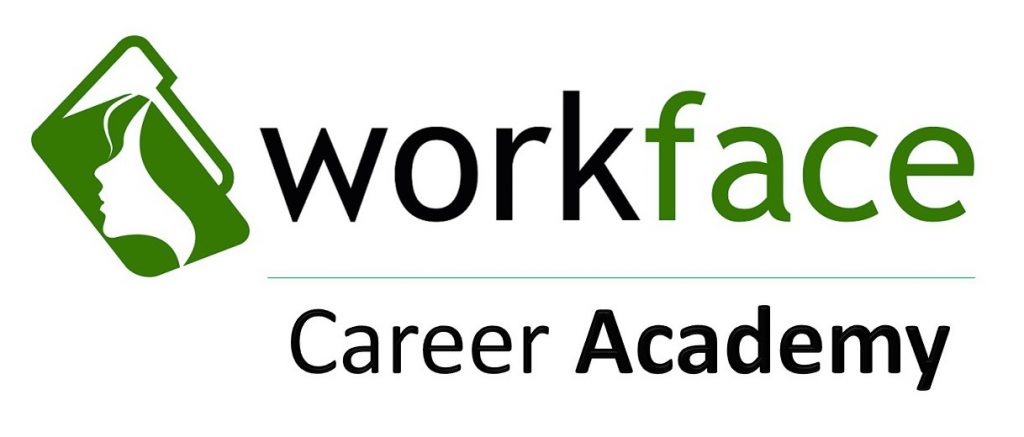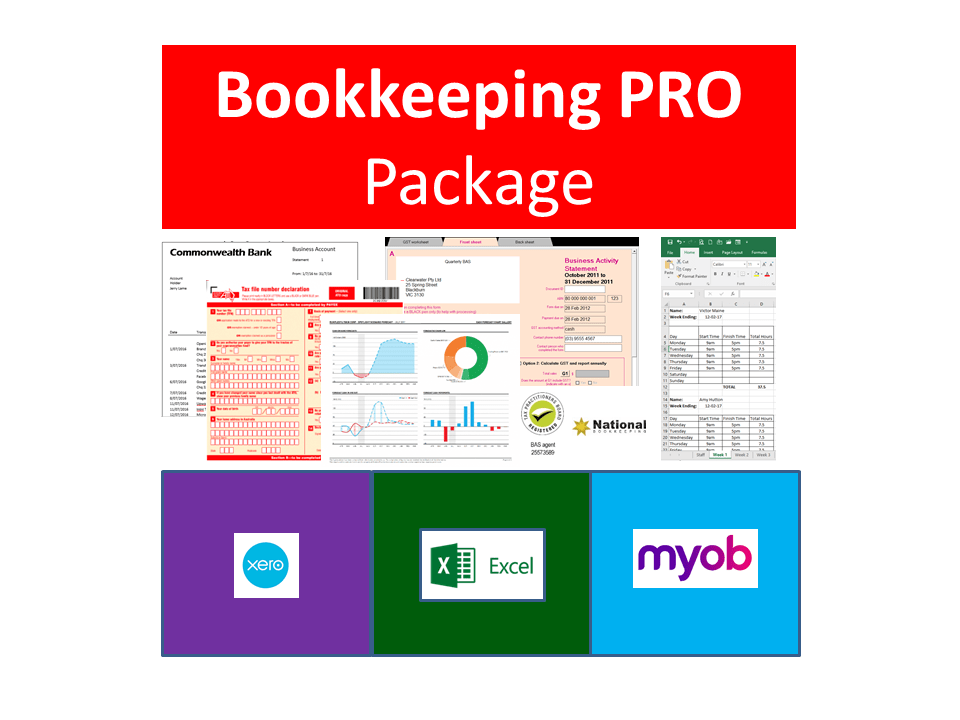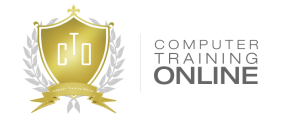Online courses—Who’s got time for that? You do!
Enrolling in an online Microsoft Outlook Training Course to further your career prospects is an exciting time. New opportunities await and it’s often the beginning of a life changing experience. It’s not uncommon however, to feel overwhelmed by the demands of work, study and family obligations in an already hectic lifestyle.
By using Microsoft Outlook to manage your time, meet your obligations and achieve your goals, you can significantly reduce your stress and learn valuable skills that help prepare you for life in the workforce or for running your own business.
PLUS, employers WANT to know you have these skills and as a business owner you NEED these skills.
Soft Skills Training is About How You Work
‘Soft skills’ relate to how you work. Effective communication skills, the ability to listen and structured time management are just a few of the attributes that employers look for in potential employees.
If you are intending to start your own business, soft skills are vital to your success in terms of meeting client expectations and building a solid reputation in the marketplace.
When embarking on a new course of study, practicing soft skills such as time management will help you to reach your training milestones while simultaneously teaching you how to manage conflicting priorities in your work and personal life.
Let’s consider the following soft skills in terms of both study and work obligations:
Soft Skills in Communications
Being able to listen, ask the right questions and demonstrate your understanding are qualities that are vital for success in the business world. Having a high degree of emotional intelligence means that you are able to pick up on subtle verbal and non-verbal cues and ‘read between the lines’ to empathise with people and understand their motivations.
In a practical sense, being able to communicate effectively will result in fewer misunderstandings and better outcomes for your clients and your business.
When implementing your study schedule you may have to rely on your family or work colleagues to make adjustments that fit in with your availability. By communicating clearly, providing sufficient advance notice and being open to compromise, there is likely to be less friction and greater acceptance from others.
Good communication skills will also support your learning when it comes to research or seeking input from trainers, mentors and industry professionals.
Soft Skills in Organising Meetings
When everybody is on the same page regarding a mutual goal, a meeting or an event, they can ensure their availability, be prepared and have an opportunity to submit their own ideas or creative input.
Whether it is a tutoring session for your bookkeeping course or a client meeting for your own business, sending invitations via Outlook or Google calendar is a fast and seamless way to keep all relevant parties updated and track their responses.
Learn more about Organising Meetings
Soft Skills in Time management
Effective time management means being able to plan your month, your week and your day into separate tasks that fit cohesively alongside each other. Life happens of course and your calendar may be subject to change, however having a plan in place will give you a sense of control and peace of mind when you are juggling multiple responsibilities.
In your work life you will need to balance the demands of client tasks, sales calls and meetings with suppliers or team members. As a student, you may want to allocate blocks of time for study that fit in with your work and family commitments.
See how Microsoft Outlook Training can help with Time Management Skills

Soft Skills in Customer Service
Delivering excellent customer service is often dependent on effective communication and time management. Other skills that impact customer service include a willingness to be flexible, open minded and solutions focused.
Customers want to know that you will follow up with them as promised, show up on time and deliver results within the agreed time-frame. This is where a scheduling tool such as Outlook can help. For example, tradesmen often use it to let prospects know when they are coming out to provide a quote or perform work.
Learn how Microsoft Outlook Training will improve customer service
Soft Skills to Achieve Goals
Being able to cross tasks off our ‘to-do’ list and attain our goals keeps us motivated and moving forwards towards the next achievement. Without a plan and a schedule to keep us on track it’s easy to fall behind and start feeling overwhelmed.
When you break up a big goal into smaller weekly goals or daily tasks, it’s much easier to complete your work or finish an assignment.
Learn about Accredited Soft Skills Training Courses
Use Microsoft Outlook Training to Get 3 New Clients

I wrote earlier about some of the tasks that Bookkeeping Business StartUps can do to find clients and many bookkeepers find this challenging. If your goals involve doing work you don’t enjoy (which is most of us, right?) then scheduling and blocking out time to do this is critical to making sure it happens.
If you are making outbound calls to fill your sales and marketing pipeline you’ll need to be organised and confident in what you say and the messages you send blocking out the time to do the work is a must.
Creating a Study Schedule using Microsoft Outlook
One of the reasons why online courses are so popular with many students is that the training courses are broken down into bite-sized pieces and are designed to fit into a busy schedule. There are no set times for attending classes and you can work at your own pace. Additionally, many students who make a career change are doing so later in life. They may already have jobs, children and other commitments which require their time and attention.
Monthly and Weekly Planning
Use Microsoft Outlook or Google Calendar to allocate blocks of time to the task you wish to complete. By assigning colour codes to different types of tasks you can create a visual snapshot of your month or week at a glance.

You can also schedule notifications to remind you when it’s time to start or finish and invite others so that they know when you are available or when they need to meet with you.

One of the benefits of having your schedule in Outlook is that you can open it on multiple devices including your desktop computer, or your phone if you are away from the office. This allows you to make changes on the go or book new appointments without causing scheduling conflicts.
Before opening Outlook to begin planning your study schedule, sit down with your partner or other family members to discuss everyone’s needs and priorities. This is another way that you can develop your communication and negotiation skills to help reduce stress and ensure that everyone is in agreement. Once you begin your course it’s likely that you will need their understanding and support to help you achieve your goals on time.
Get Microsoft Outlook Training in the Office Administration & Support Certificate Course
Developing Healthy Habits
Once you’ve created a schedule in Outlook it’s important that you stick to it!
Here are some healthy habits that will ensure you are using your calendar productively:
- Check your calendar daily and update if required.
- Allow extra time for travel to ensure that you are on time.
- Keep all relevant parties informed of changes and let them know if you are running late.
- Confirm your attendance 24 hours prior to a meeting.
- Set up alerts or notifications from your calendar to your phone when tasks are due.
Summary
There’s no better feeling than getting out of bed in the morning and knowing exactly what you are supposed to do and when. Working or studying to a schedule will also improve your relationships with others if you maintain a consultative and inclusive approach, and result in less stress for everyone involved. Best of all, as your tasks are completed and your goals are achieved, you will move closer each day towards working in your dream job and living the life that you and your family deserve.
Study Success for Life Goals

Knowledge of software and workplace procedures are a good base to have when applying for jobs. There are other “soft skills” you need to know to perform well when working with other employees, contractors, clients and suppliers.
https://workface.com.au/career-academy/soft-skills-training/
From Childcare to Bookeeping—A Training Success Story

When Agnest decided to transition from a career in childcare to becoming a self-employed bookkeeper she didn’t make the decision lightly. She had no experience in bookkeeping and as a mother to two small children, she knew that a change would require determination and a long-term commitment. However, as Agnest soon found out, making money from bookkeeping was more achievable than she’d initially thought.
https://workface.com.au/2022/05/from-childcare-to-bookkeeping-a-training-success-story/






